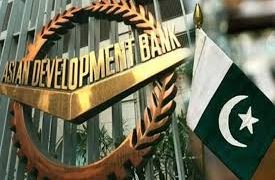Minister for Finance and Revenue Senator Muhammad Aurangzeb has said that he is confident that the International Monetary Fund’s (IMF) Board of Directors will approve the staff-level agreement by the end of August.
Addressing the “Climate Action for Pakistan” event organised by Acumen Pakistan on Tuesday, the finance czar also indicated that there would be discussions with the IMF management board regarding climate financing.
Last month, Pakistan and the IMF reached an agreement for a $7 billion, 37-month loan agreement with tough measures such as raising tax on farm income. The staff-level agreement capped negotiations that started in May after Islamabad completed a short-term, $3 billion programme that helped stabilize the economy, avert a sovereign debt default and set challenging revenue targets in its budget to get IMF approval.
Touching on the macroeconomic situation, Aurangzeb also assured that Pakistan’s “economy is on a path to stability”, with ongoing reforms aimed at fostering sustainable economic growth and development.
Pakistan has been struggling with boom-and-bust cycles for decades, leading to 22 IMF bailouts since 1958. Currently, the IMF is the fifth-largest debtor, owing $6.28 billion as of July 11, according to the lender’s data.
The federal finance emphasised the need for expanding the tax system, improving transparency, implementing energy sector reforms and enhancing governance.
Under the IMF deal, the highest effective tax rate can rise to as much as 45% from the current 15%. It will be implemented from 2025, a move that was termed “unprecedented” by analysts.
They added that these changes could contribute to inflation, particularly in food prices, affecting consumers nationwide, adding that larger farmers would be affected more. Inflation averaged close to 30% in FY23 and 23.4% in FY24, which ended on June 30.


















































